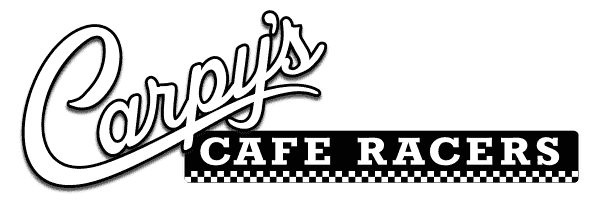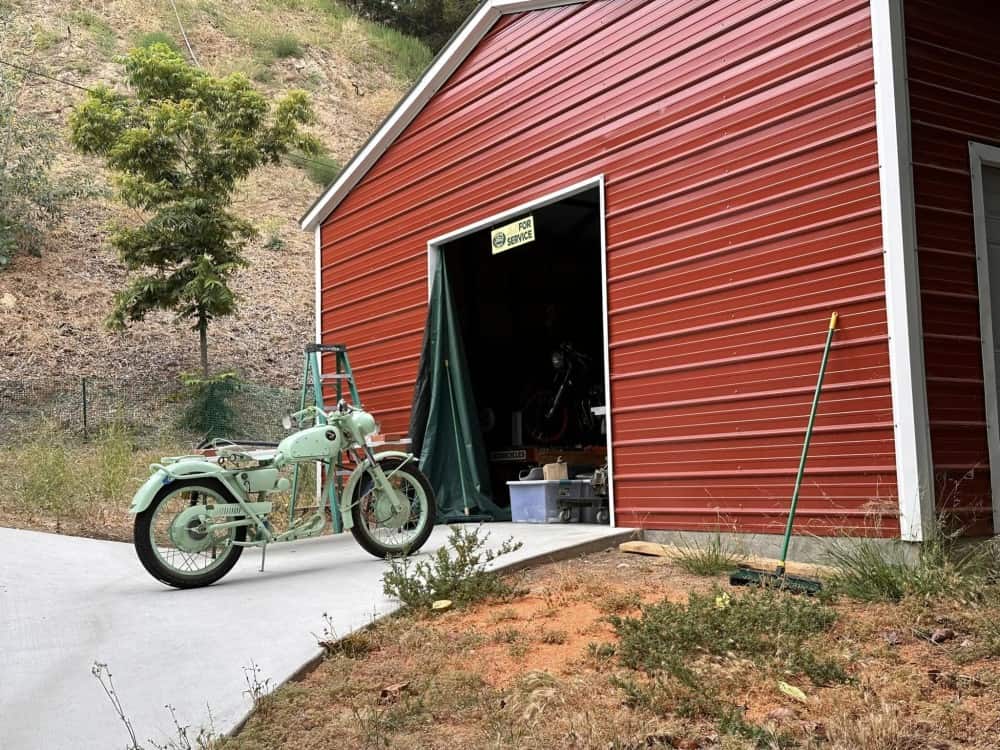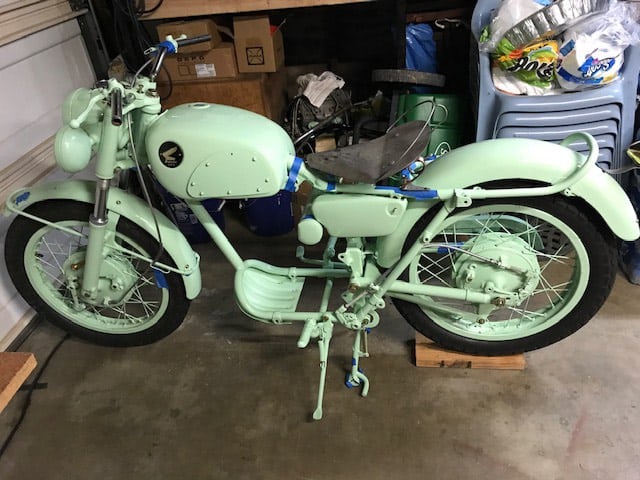I managed to get the old girl off the Truck and Now its at My workshop and will be a while before I get into it as I have a few projects I must try and sort out, its getting to be a bit of a cluster as I have a lot of bikes at […]
Tag Archives: Green Machine
Today was a GOOD day, you know, when you find a penny and pick it up? I had an email from a Client and he said he had an old Honda that had been in the family from new, its been torn apart a few times but was I interested in it? I said of […]


